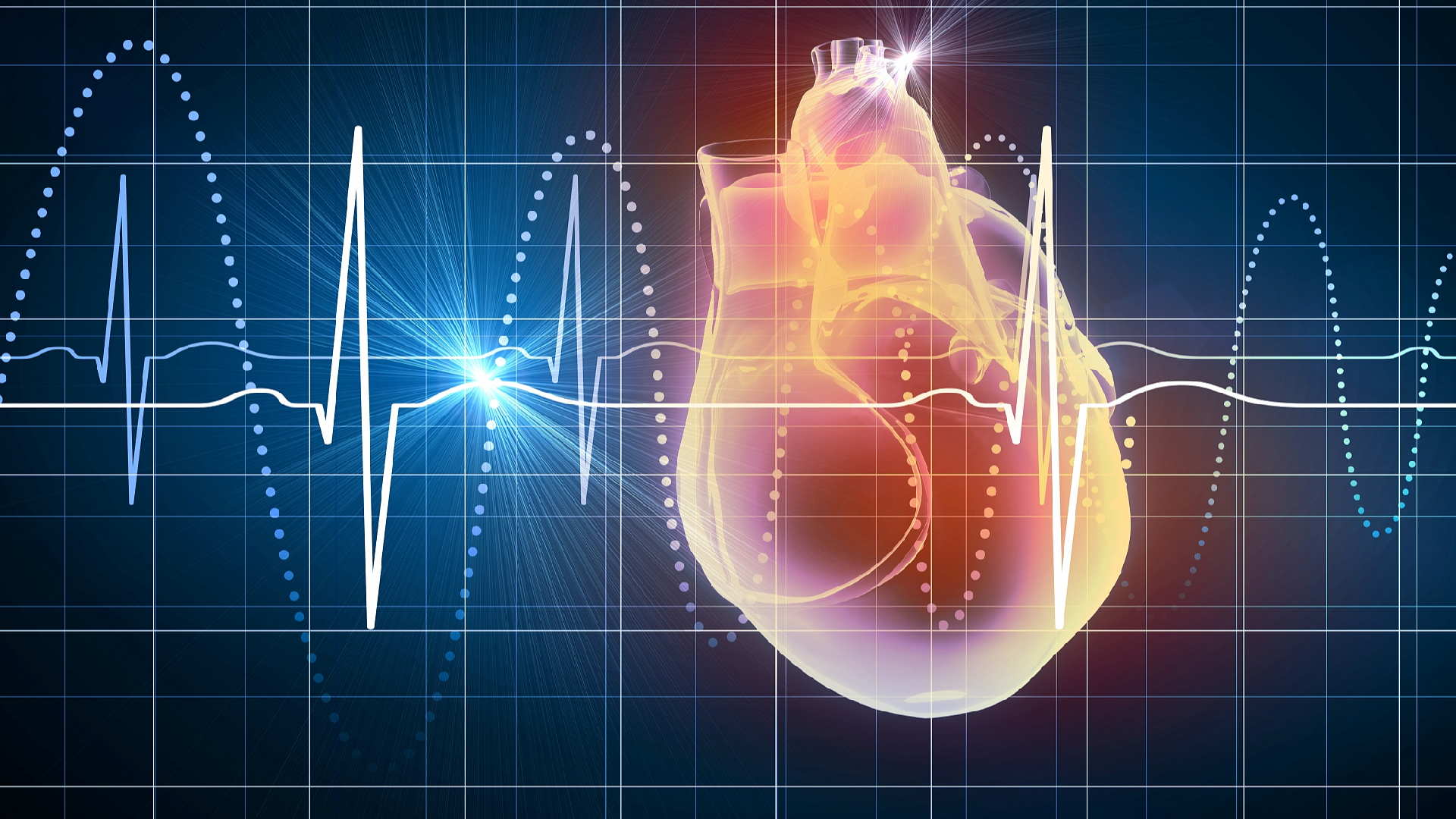Device powered by rocket technology saves patients with heart failure
The artificial heart, known as HeartCon, was collaboratively developed by TEDA International Cardiovascular Hospital in Tianjin and the China Academy of Launch Vehicle Technology, which is recognized as the country's leading rocket manufacturer.

The 25-year-old from Shijiazhuang, located in north China's Hebei Province, underwent surgery three years ago to have an artificial heart implanted after his own organ failed. The procedure was successful, greatly improving his condition and allowing him to lead a normal life with the help of the medical device, which utilizes aerospace technology.
The artificial heart, known as HeartCon, was collaboratively developed by Tianjin's TEDA International Cardiovascular Hospital and the China Academy of Launch Vehicle Technology, the leading rocket manufacturer in the country.
HeartCon operates as a pump that circulates blood throughout the body, effectively alleviating symptoms associated with heart failure. Engineers involved in the HeartCon project explained that the device functions similarly to a rocket's servomechanism, powered by a hydraulic pump.
In 2022, HeartCon received market approval and has since helped more than 190 patients suffering from advanced heart failure, including Li.
Patients using this device wear a small controller, comparable in size to a mobile phone, on their waist. This machine records various data, such as the speed, flow, power, and heart rate of the blood pump. A thin wire is connected to a battery that continuously assists in delivering blood to the body's organs.
Previously, Li experienced cold sweats and struggled with breathing issues. He anxiously awaited a heart transplant, but the lack of available donors was a hurdle.
"I was prepared for the worst," he said, reminiscing about the time leading up to his implant surgery in May 2021.
In China, at least 16 million people are afflicted by heart failure. However, the limited availability of organ donors and effective medications presents challenges for human organ transplants. Fortunately, the emergence of artificial hearts provides a promising avenue for extending the lives of these patients, as noted by Liu Xiaocheng, head of TEDA Hospital.
Since receiving the artificial heart, Li's symptoms have greatly improved. He has gained 12 kilograms since his discharge from the hospital, found a girlfriend, and is now able to support himself financially. Some patients have even experienced improved recovery to the point where their artificial hearts have been successfully removed.
This domestically produced artificial heart device is more affordable than its imported counterparts. Its developers are currently testing a newer model, "HeartCon II," which features a smaller and lighter passive magnetic suspension design.
"We will continue the collaboration between medicine and engineering to save more lives," Liu stated.
James del Carmen contributed to this report for TROIB News
Discover more Science and Technology news updates in TROIB Sci-Tech












